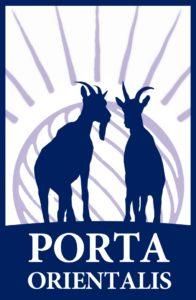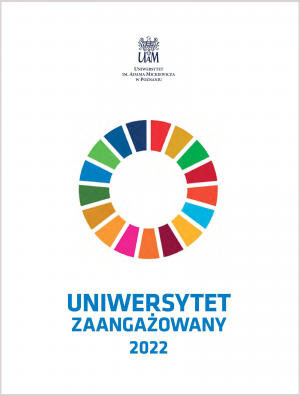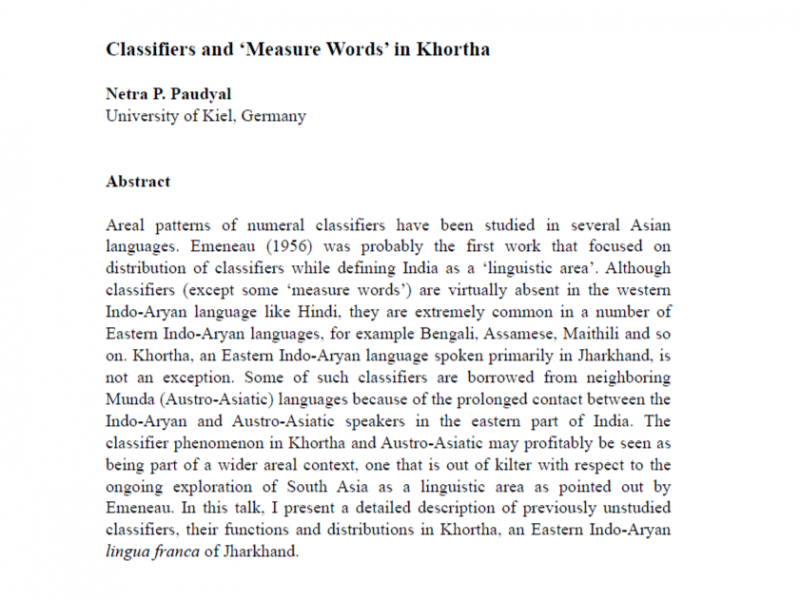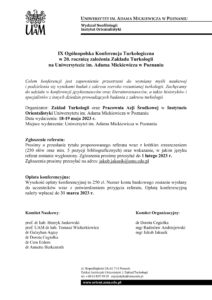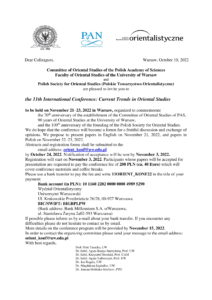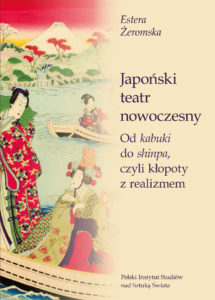We at Institute of Oriental Studies, Adam Mickiewicz University in Poznań express our deepest sympathy and sincerest condolences to the peoples of Turkey and Syria over the loss of life and large-scale destruction wrought by the recent earthquake.
Our thoughts are with all of you at this difficult time!
Jako społeczność Instytutu Orientalistyki UAM składamy najgłębsze wyrazy współczucia i najszczersze kondolencje narodom Turcji i Syrii z powodu ofiar śmiertelnych i ogromnych zniszczeń spowodowanych przez katastrofalne trzęsienie ziemi.
Poznań Adam Mickiewicz Üniversitesi Doğu Araştırmaları Enstitüsü olarak, son depremin yol açtığı can kaybı ve büyük çaplı yıkım nedeniyle Türkiye ve Suriye halklarına en derin dostluğumuzu ve en içten başsağlığı diliyoruz.
Kalbimiz bu zor zamanda hepinizle birlikte!

